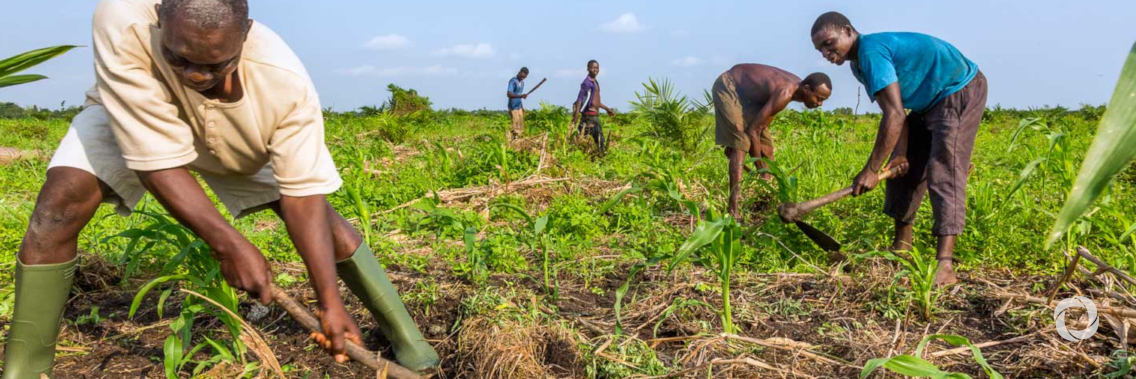Rural development projects financed and supported by the International Fund for Agricultural Development (IFAD) expanded access to rural finance and increased agricultural production in Sierra Leone, despite the civil war (1991-2002) and Ebola epidemic (2014-2015), according to a new report.
According to the report’s findings, IFAD increased the reach of rural finance – including to remote areas – to an even larger group than originally planned. Over 280,000 households were reached through rural finance initiatives in the Northern, Southern and Eastern Provinces – more than 120 percent of the envisaged target.
“After almost 40 years of IFAD working together with Sierra Leone, our ability to build upon the accomplishments of our previous projects, especially in the context of rural finance, will advance our progress now and in the future,” said said Jakob Tuborgh, IFAD’s Country Programme Director for Sierra Leone.
By responding quickly to the country’s needs and priorities, the projects have remained relevant, shifting from supporting the reconstruction of productive assets and infrastructure directly after the civil war, to enhancing growth in production, marketing and the spread of rural finance today.
With 60 percent of the population under the age of 25, youth is one of Sierra Leone’s most important demographics and an important target for IFAD-supported projects.
The evaluation makes recommendations for future collaboration between IFAD and the Government of Sierra Leone to reduce rural poverty. The first is to improve relationships among the value chain actors, including buyers, sellers, service providers and regulatory institutions, and to create incentives for private sector participation. Another is to diversify agricultural activities to improve nutrition and build economic resilience to climate- and market -related shocks.
The report covers four IFAD-supported projects and one IFAD-supervised project for a total project cost of US$201.2 million, of which $98.1 million was financed by IFAD.
Original source: IFAD
Published on 27 November 2019

